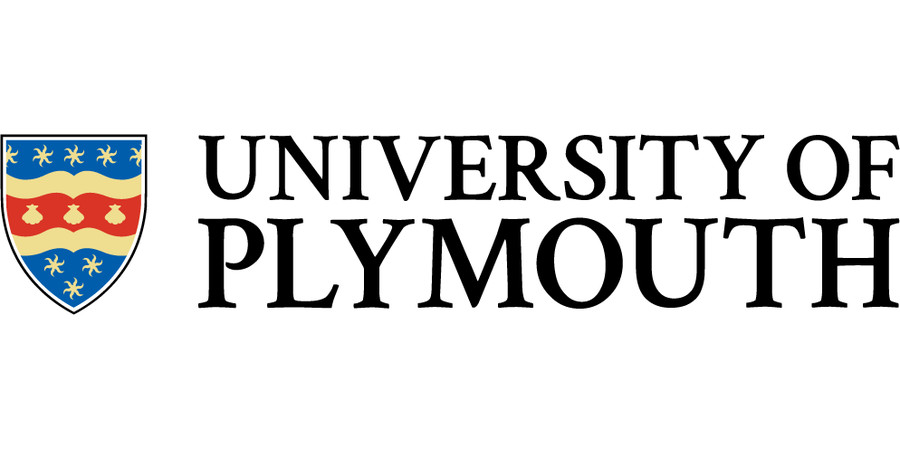PhD Studentship: Next-Generation Sensors for Tracking Calcium and Magnesium in Marine Ecosystems
University of Plymouth - PhD Environmental Sciences and PhD Geological Sciences
| Qualification Type: | PhD |
|---|---|
| Location: | Devon, Plymouth |
| Funding for: | UK Students, EU Students, International Students |
| Funding amount: | The studentship is supported for 3.5 years and includes a stipend from £20,780 per annum 2025-26 rate (2026-27 UKRI rate TBC) |
| Hours: | Full Time |
| Placed On: | 11th November 2025 |
|---|---|
| Closes: | 7th January 2026 |
DoS: Dr Uwe Balthasar (uwe.balthasar@plymouth.ac.uk)
2nd Supervisor: Professor Simon Ussher
3rd Supervisor: Dr Simon Whelan
Applications are invited for a 3.5 years PhD studentship.
The studentship will start on 01 October 2026
Project Description
Scientific background
Calcium (Ca²⁺) and magnesium (Mg²⁺) concentrations in seawater fundamentally impact marine ecosystems, as organisms have evolved physiologies and carbonate secretion mechanisms specifically adapted to these chemical conditions [1, 2]. Understanding the environmental variability of these ions will help to better predict the impact of ocean warming [1] and acidification on marine calcifying organisms. While historically considered globally stable over ecological time scales, recent global surveys reveal significant variability in coastal waters due to a range of possible factors such as river runoff, coastal upwelling or biological activity [3]. However, critical gaps remain in our understanding of how concentrations fluctuate across tidal to seasonal timescales, as existing data consists primarily of isolated measurements.
Understanding coastal Ca²⁺ and Mg²⁺ dynamics across ecological timescales is crucial for advancing knowledge of global geochemical cycles and predicting impacts on marine calcifying organisms. Current knowledge remains limited due to inadequate real-time monitoring capabilities.
This project addresses these limitations by developing innovative screen-printed ion-specific electrodes for continuous, real-time monitoring of Ca²⁺ and Mg²⁺ fluctuations in coastal seawater.
Research methodology
You will be joining our Sensor Technologies Research Group (STRG) to produce and validate screen-printed Ca2+ and Mg2+ electrodes using established protocols [3,4] and our in-house fabrication facilities for screen-printed electronics. Following rigorous laboratory validation, field testing will occur in Plymouth Sound to capture real-time ionic fluctuations over multiple tidal cycles.
Training
Comprehensive training will cover screen-printing techniques for conductive materials, chemical functionalization processes for electrode-to-sensor conversion, and electrochemical data analysis. Additional training includes electrode characterization using scanning electron microscopy and spectroscopic techniques, plus specialized instruction in Mg/Ca data interpretation and environmental applications.
Person specification
We seek an engaging individual with strong laboratory and analytical skills and an enthusiasm for applying chemical knowledge to address environmental questions. Prior experience of programming is desirable.
Eligibility
Applicants should have a first or upper second class honours degree in Earth, Environmental, Biological Science, Chemistry or a relevant Masters qualification.
If your first language is not English, you will need to meet the minimum English requirements for the programme, IELTS Academic score of 6.5 (with no less than 5.5 in each component test area) or equivalent.
Successful candidates who meet UKRI’s eligibility criteria will be awarded a fully-funded ARIES studentship of fees, maintenance stipend, £20,780 p.a. for 2025/26 (2026/27 rate TBC) and research costs.
If you wish to discuss this project further informally, please contact:
Dr Uwe Balthasar, uwe.balthasar@plymouth.ac.uk.
Please see here for a list of supporting documents to upload with your application.
For more information on the admissions process generally, please visit our
How to Apply for a Research Degree webpage or contact the Doctoral College.
Please click on the Apply button above for further information and to apply.
The closing date for applications on 7th January 2026.
Shortlisted candidates will be invited for interview after the deadline. We regret that we may not be able to respond to all applications. Applicants who have not received a response within six weeks of the closing date should consider their application has been unsuccessful on this occasion.
Advert information
Type / Role:
Subject Area(s):
Location(s):









